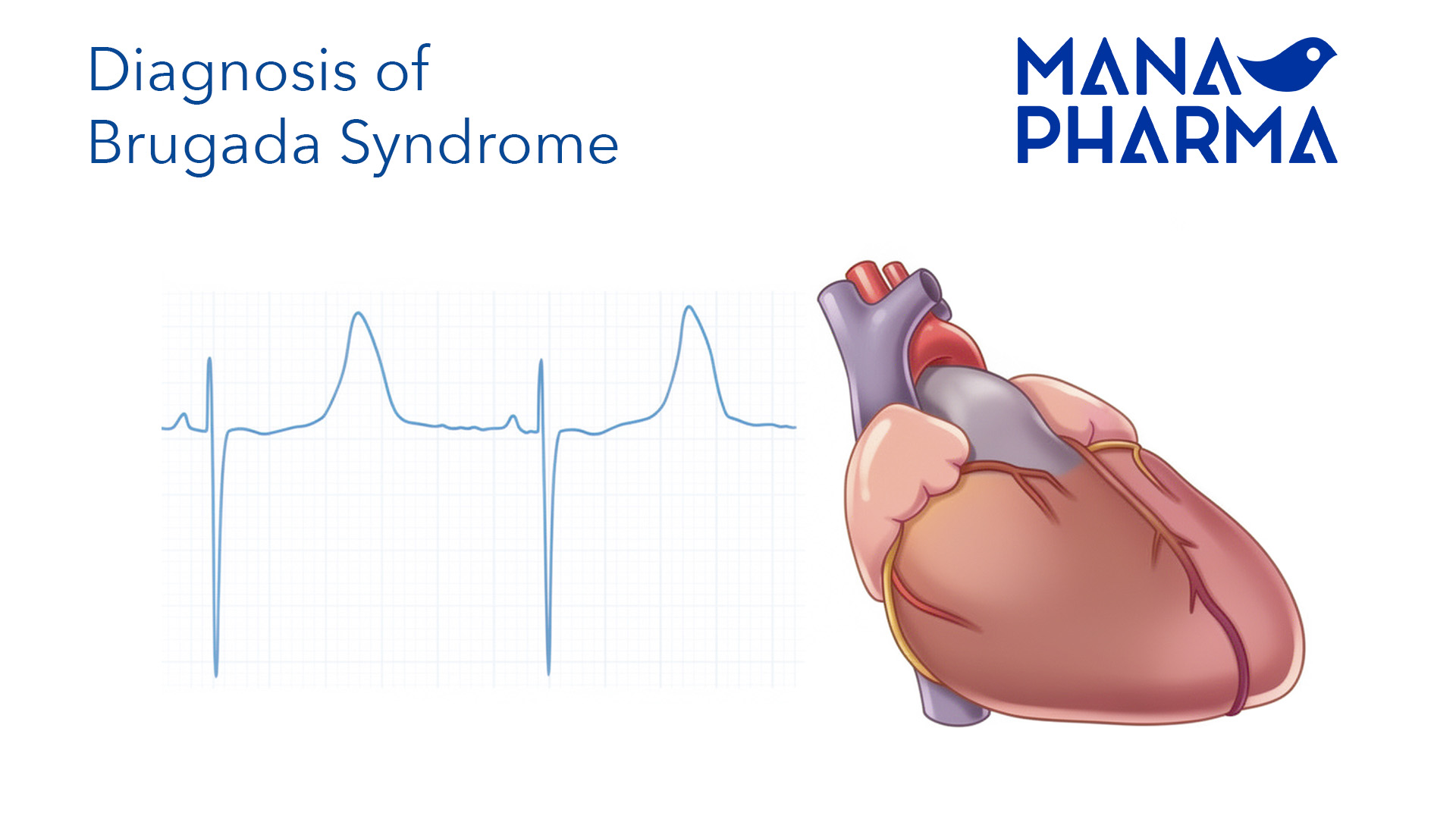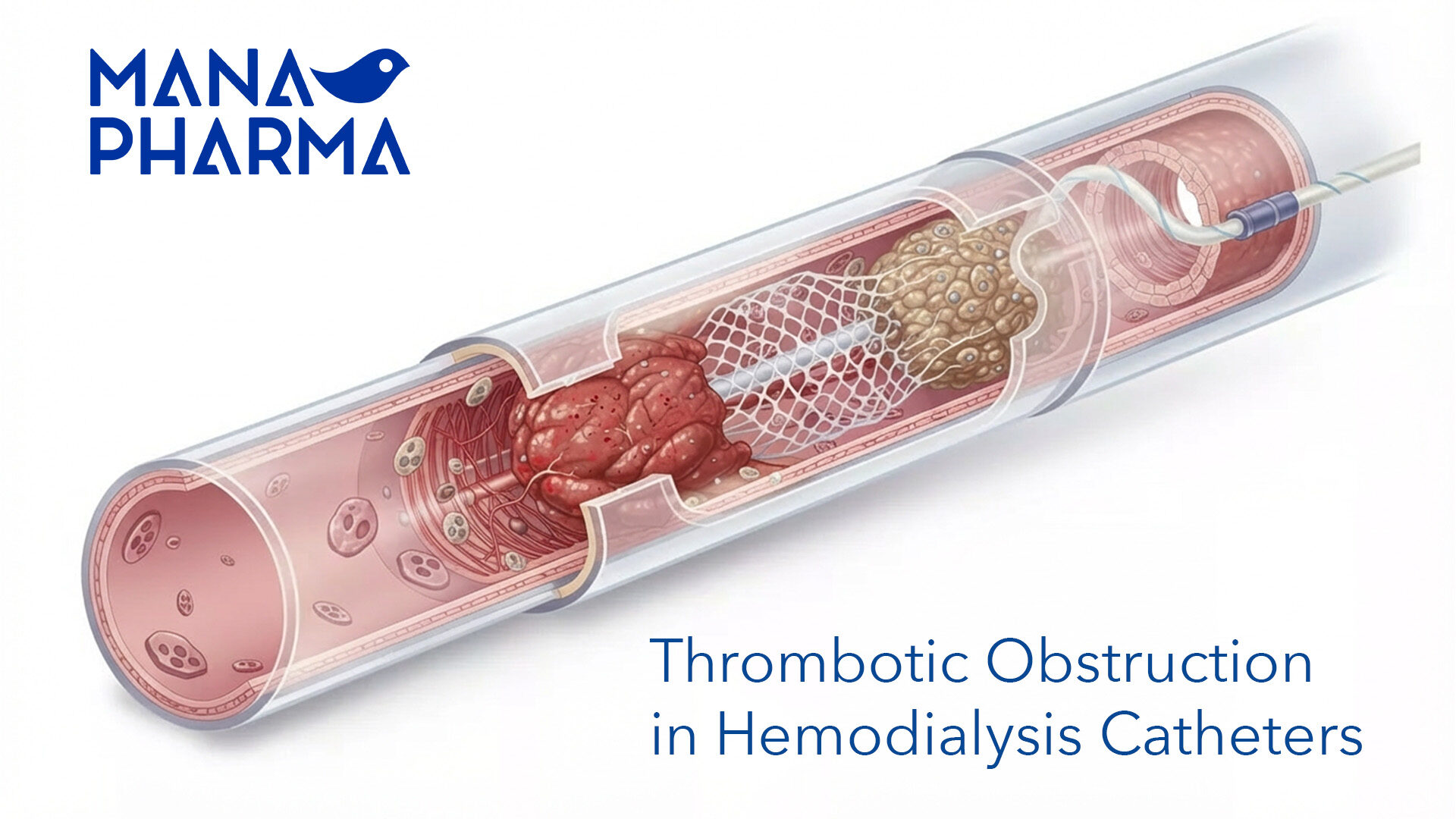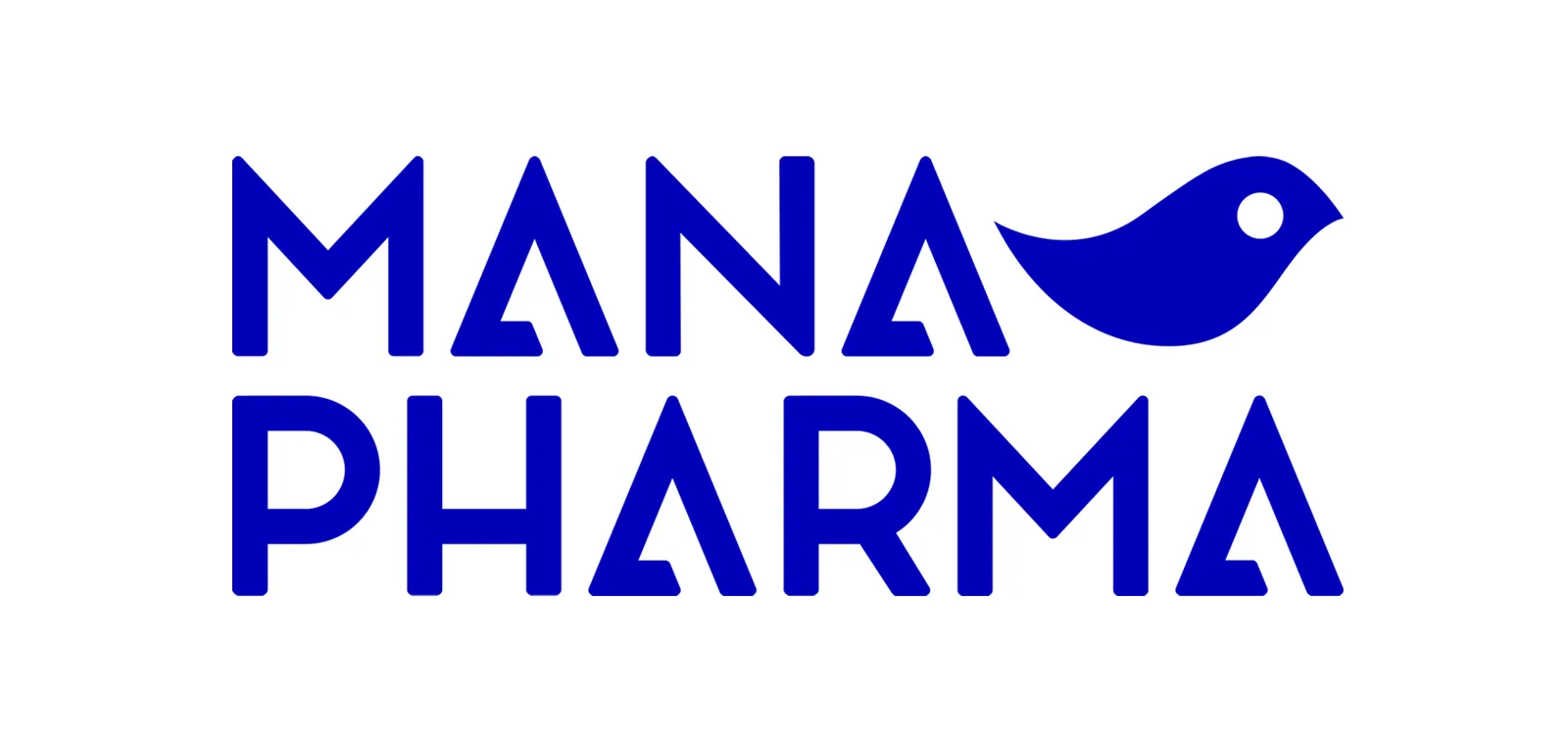Contingency Plan: Ensuring Cold Chain Preservation During Power Outages
One thing we know for sure is the importance of maintaining the correct temperature for thermolabile medicines, which are essential for the health of millions of people. Electricity plays a crucial role in this preservation, and its interruption can have serious consequences.
On April 28, 2025, a massive blackout in Spain reminded us of the importance of maintaining in-range temperatures in pharmaceutical warehouses and the need to ensure stability during emergencies.
In this article, our Technical and Quality Management team, along with the warehouse team at MANA PHARMA, S.L. and the staff at NET PHARMA DEPO, S.L., explore the challenges of preserving heat-sensitive medicines:
- What thermolabile medicines are.
- Temperature storage ranges.
- How industrial refrigerators work in wholesale pharmaceutical distribution warehouses.
- What backup systems are in place for power outages.
What Are Thermolabile Medicines?
Thermolabile medicines are those that require storage at specific temperature ranges:
- Temperature range: -70ºC
- Temperature range: -20ºC
- Temperature range: between +2ºC and +8ºC
Maintaining the correct temperature throughout the supply chain is critical, as temperature excursions can compromise the efficacy, quality, and safety of the medicines.
Temperature Ranges
Temperature Range -20ºC (and -70ºC)
Medicines requiring storage at -20°C (and even -70ºC) are relatively common, especially among biological products, such as:
- Vaccines (mRNA, other vaccines under development, etc.)
- Enzymes
- Hormones
- Antibodies
- Certain oncology or experimental drugs
As well as clinical samples and diagnostic kits, which are not medicines but are stored at -20ºC to prevent degradation.
Temperature Range Between +2ºC and +8ºC
Medicines that require storage between +2°C and +8°C (refrigerated temperature) lose their properties if exposed to temperatures outside this range. These are generally biological products or heat-sensitive medicines that may lose efficacy or stability if stored at higher temperatures. These include:
- Some vaccines (flu, hepatitis B, COVID-19 [some versions], tetanus, pneumococcus, etc.)
- Insulins and GLP-1 analogs
- Reconstituted antibiotics
- Biotechnological or biosimilar products
- Blood derivatives
- Some eye drops and ophthalmic solutions
- Etc.
For this reason, a power outage can alter storage conditions, potentially leading to loss of therapeutic activity or potency, formation of toxic compounds, and posing a public health risk (e.g., ineffective vaccines).
Industrial Refrigerators in Pharmaceutical Warehouses
We’ve already seen why maintaining proper temperature is important for medicines. Pharmaceutical distribution warehouses like NET PHARMA DEPO, part of the MANA PHARMA Group, use cold storage chambers to maintain proper storage conditions and avoid inadequate temperature exposure.
What Are These +2ºC to +8ºC Cold Storage Chambers Like?
These chambers are large industrial installations. At DEPO, we have a chamber with a capacity for 100 pallets, allowing storage of tens of thousands of medicines.
This industrial refrigerator features advanced thermal insulation, including airtight doors with anti-leak seals and injected polyurethane panels to ensure maximum cold retention.
It also has redundant refrigeration systems with two independent compressors (so if one fails, the other immediately takes over), as well as forced ventilation to ensure uniform temperature distribution throughout the storage space.
Additionally, as required by Good Distribution Practices for wholesale pharmaceuticals, the chamber undergoes Thermal Qualification (Thermal Mapping) before initial use, and periodic Thermal Qualifications thereafter, based on risk analysis and management.
As a result of the Thermal Mapping, temperature loggers are installed at specific points to enable continuous 24/7 monitoring. In our case, this is done using IoT sensors that record temperature in real time, generating automatic alerts for any deviation from established parameters, allowing us to act quickly to maintain the integrity of thermolabile medicines.
Preparation for Power Outages: Generators and Batteries
As we saw on April 28, 2025, with the major blackout across most of the Iberian Peninsula, power outages are a real threat. Although rare, we are not exempt from the risk of more localized blackouts, such as the one on the Costa del Sol in 2007 or, more recently, in 2021 in some rural areas due to Storm Filomena. On that occasion, we were also affected and left isolated. That experience partly prepared us for the recent 2025 blackout.
For this reason, pharmaceutical warehouses are equipped with independent backup generators that automatically activate after a power outage, providing variable autonomy depending on the warehouse’s power needs.
Maintenance is ongoing and includes drills. Every three months, stress tests are conducted, allowing us to be prepared for potential contingencies, both in terms of personnel and equipment/facilities.
Thanks to this, at MANA PHARMA, S.L., we confirmed zero stock losses, as the NET PHARMA DEPO, S.L. generator kicked in immediately, and the power supply to the entire facility remained uninterrupted during the emergency, allowing operations to continue.
At the MANA PHARMA Group, we take responsibility for ensuring safety at every stage of the medicine life cycle. We go beyond regulatory requirements to offer maximum confidence to our clients and suppliers—and above all, to the patients, the final recipients of the medicines we distribute.
MANA PHARMA, a decade committed to health, without borders.







